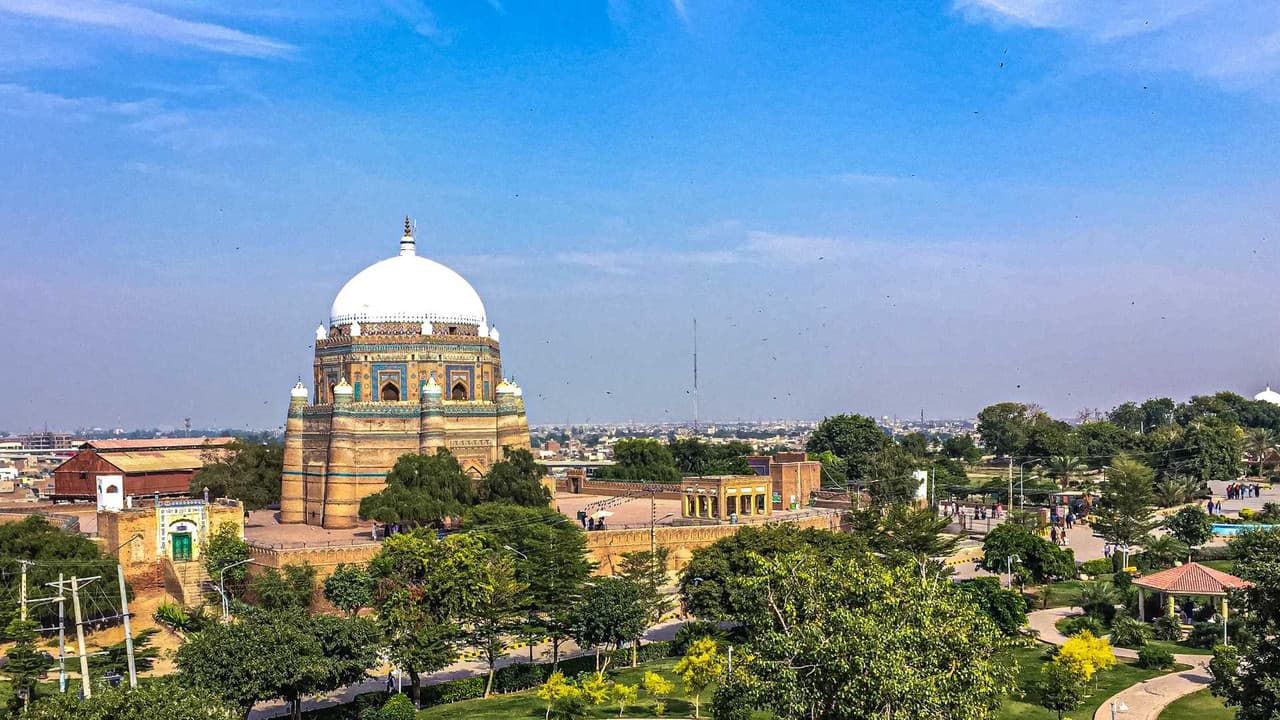Managing employee leave effectively is crucial for businesses operating in Pakistan, ensuring compliance with local labor laws while supporting employee well-being. Pakistan's labor legislation outlines various types of leave entitlements that employers must provide, covering everything from annual holidays to specific provisions for sickness, public observances, and family events. Understanding these requirements is essential for smooth operations and maintaining a positive work environment.
Compliance with Pakistan's leave policies involves navigating regulations that specify minimum entitlements, eligibility criteria, and procedures for requesting and approving leave. These policies are designed to protect employee rights and ensure they receive adequate time off for rest, personal matters, and unforeseen circumstances. Employers need to implement clear internal policies that align with national laws to manage leave requests fairly and consistently.
Annual Vacation Leave
Employees in Pakistan are entitled to annual leave after completing a certain period of service. The minimum entitlement is typically 14 days of paid annual leave per year, provided the employee has completed 12 months of continuous service. This leave accrues over time, and specific rules govern how it can be taken, accumulated, or encashed.
- Eligibility: Employees who have completed 12 months of continuous service.
- Entitlement: Minimum of 14 consecutive days of paid annual leave.
- Accrual: Leave is generally earned based on service duration.
- Carry Forward: Regulations often permit carrying forward a portion of unused annual leave to the following year, though limits may apply.
- Encashment: In some cases, employees may be entitled to encash unused leave upon termination of employment, subject to specific conditions outlined in labor laws or employment contracts.
Public Holidays and Observances
Pakistan observes several public holidays throughout the year, during which employees are typically entitled to a paid day off. The specific dates for some holidays, particularly those based on the lunar calendar, are announced annually by the government.
Common Public Holidays include:
- Pakistan Day (March 23)
- Labour Day (May 1)
- Eid al-Fitr (dates vary)
- Eid al-Adha (dates vary)
- Independence Day (August 14)
- Ashura (dates vary)
- Eid Milad un Nabi (dates vary)
- Quaid-e-Azam Day / Christmas (December 25)
If a public holiday falls on a weekend, a substitute holiday may be granted, though this depends on specific regulations or company policy. Employees required to work on a public holiday are typically entitled to compensatory time off or premium pay.
Sick Leave Policies and Pay
Employees in Pakistan are entitled to paid sick leave. The standard entitlement is typically 16 days of paid sick leave per year. This leave is intended for periods when an employee is unable to work due to illness or injury.
- Entitlement: Minimum of 16 days of paid sick leave per year.
- Certification: Employers may require a medical certificate from a registered medical practitioner for sick leave, especially for absences exceeding a certain duration (e.g., more than two or three consecutive days).
- Pay: Sick leave is typically paid at the employee's full rate of wages.
- Accumulation: Unused sick leave may not typically be carried forward or encashed, though specific company policies might differ within the bounds of the law.
Parental Leave
Pakistan's labor laws provide entitlements for parental leave, primarily focusing on maternity leave. While specific nationwide paternity or adoption leave mandates have been less common historically, there is growing recognition and some provincial variations or company-specific policies may exist.
Maternity Leave
Female employees are entitled to paid maternity leave.
- Entitlement: Typically 12 weeks (84 days) of paid maternity leave. This leave can usually be taken partly before and partly after childbirth.
- Eligibility: Requires a certain period of service with the employer (often 4 months in the 12 months preceding the expected date of delivery).
- Pay: Maternity leave is usually paid at the employee's full wages.
- Medical Bonus: In addition to leave, a medical bonus may also be payable.
- Job Protection: Employees are generally protected from dismissal during maternity leave.
Paternity and Adoption Leave
While not uniformly mandated across all sectors or provinces by historical federal law, some progressive companies or specific provincial regulations may offer paternity or adoption leave. Employers should consult current provincial laws and consider implementing supportive policies to attract and retain talent.
Other Types of Leave
Beyond the primary categories, employees in Pakistan may be entitled to other types of leave depending on specific circumstances, company policy, or sector-specific regulations.
- Casual Leave: Typically 10 days of paid casual leave per year, intended for unforeseen circumstances or urgent personal matters. This leave is usually taken for short durations (e.g., 1-2 days at a time).
- Bereavement Leave: While not always a statutory requirement, many employers provide paid or unpaid leave to employees in the event of the death of a close family member.
- Study Leave: Some organizations, particularly in the public sector or those encouraging professional development, may offer study leave, which can be paid or unpaid, subject to specific conditions.
- Sabbatical Leave: Less common in standard labor law but may be offered by some companies for long-serving employees for purposes like research, study, or rest. This is typically unpaid and subject to company discretion.
- Hajj/Umrah Leave: Some employers may grant special leave for employees undertaking religious pilgrimages, often unpaid or partially paid, subject to policy.
Employers must maintain accurate records of all leave taken by employees to ensure compliance with legal requirements and internal policies. Implementing a robust leave management system is key to handling these various entitlements efficiently and transparently.
Employ top talent in Pakistan through our Employer of Record service
Book a call with our EOR experts to learn more about how we can help you in Pakistan







Book a call with our EOR experts to learn more about how we can help you in Pakistan.
Trusted by more than 1000 companies around the globe



